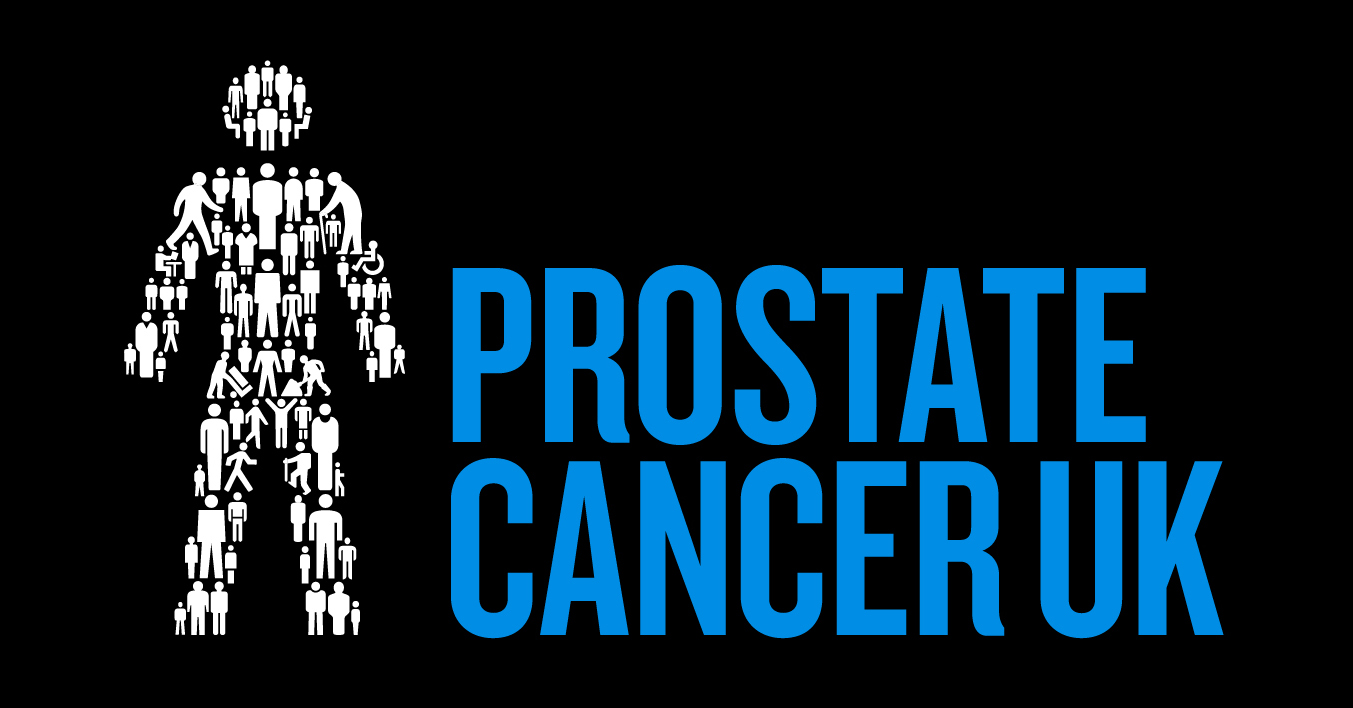Members of the Fire Brigade’s Union will be going on strike for the second time on Saturday 19th October from 18:30 – 23:30.
In various locations around the UK the fire services may not be able to respond to an emergency 999 call, or if they do respond the time taken to do so may be much longer than in normal circumstances.
Where they can respond, with their limited resources, priority will be given to incidents where lives are at risk. This means that they may not be able to respond to incidents where only property is being damaged.
When strikes are taking place, it is very important that businesses make an effort to reduce the chance of fire occurring, and to reduce the likelihood of it spreading quickly if a fire does happen.
The Government and the individual fire and rescue services (F&RS) may publish fire safety advice for the strike periods.
In the mean time follow these Fire safety tips for your sports, social, political and working men’s clubs before and during a firefighters’ strike to help eliminate the risks of a fire.
Please note that this list is not definitive, it is important that the relevant persons responsible for premises fire safety ensure that competent persons review the fire safety risk assessments for each premises and make suitable emergency arrangements based on those re-assessments and any relevant current government and F&RS advice which may be in force at the time.
- Make sure that a fire safety risk assessment has been completed by a competent person and that this assessment is up-to-date.
- If the Dangerous Substances & Explosive Atmospheres Regulations (DSEAR) applies to your business and premises also make sure that you have had a DSEAR risk assessment completed by a competent person and that this assessment is up-to-date.
- Ensure fire alarms are tested immediately before any strike periods.
- Carry out a routine normal fire drill prior to any strike. Assess how well the evacuation went and put any lessons learned to good use.
- Maintenance and repair work which involves “hot work” e.g. work which involves flames, sparks or the application of heat, such as welding, grinding, soldering, brazing, use of heated tar boilers (for roofing work) etc. can significantly increase the chance of a fire occurring. If at all possible try and avoid having such work carried out in the hours immediately prior to, and during, a strike period. Where possible reschedule non-urgent work, at your premises, by contractors, so as to avoid strike periods.
- During strike periods it may be prudent, where possible, to avoid holding meetings, conferences or extraordinary events where this involves a large number of people assembling in one building, especially if this will mean them sleeping there also.
- If your premises include any commercial kitchens or commercial cooking areas, make sure that any associated extract ducting is clean inside and free of an accumulation of grease, as this may help a fire to spread. If necessary arrange for additional cleaning of the ducting, extraction hood, grease traps etc. over and above what is usually planned.
- Don’t overload electrical sockets and extension leads.
- If you have an automatic sprinkler system for fire protection purposes then it is most important to ensure that it is in full working order and that all of the necessary spare parts, (including spare sprinkler heads) that you need to keep, are provided at your premises. If you are not sure then speak to the company who maintain the system for you. If you have diesel engine driven pump(s), don’t forget to check that you have a full quantity of diesel oil for it.
For more information regarding risk management of your venue please call us on 0344 488 9204 or fill in our contact form and we will get in touch.







